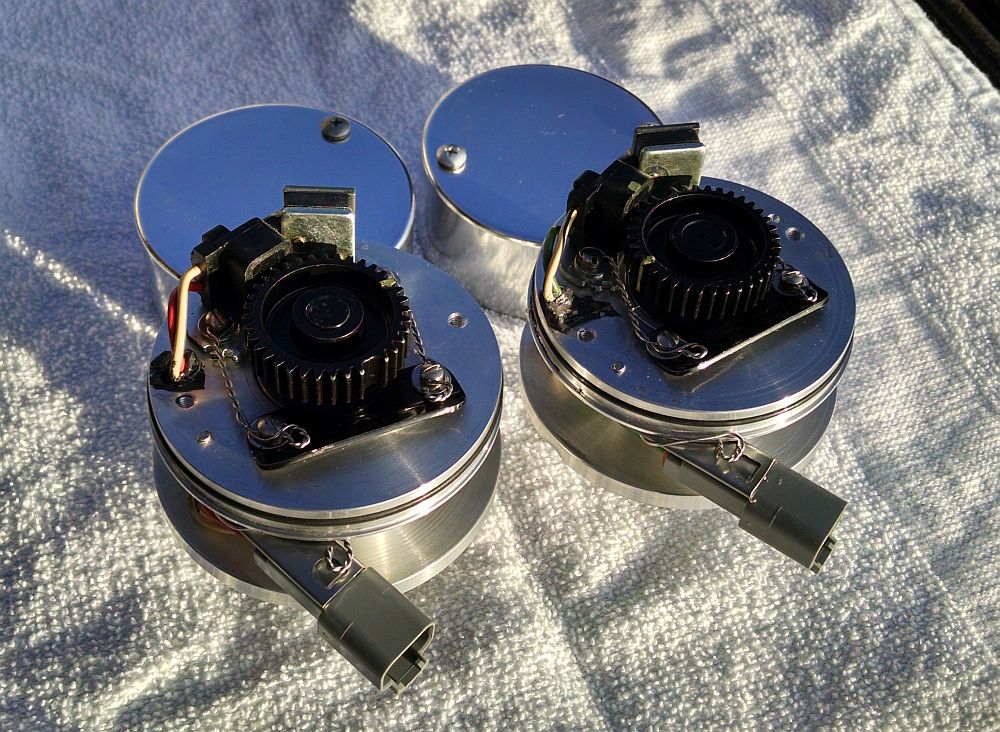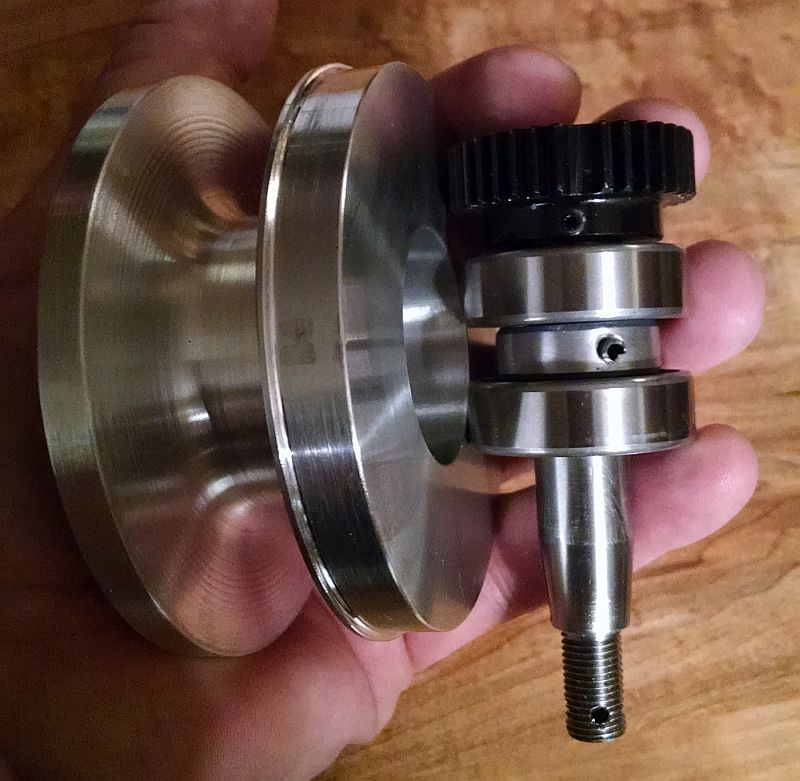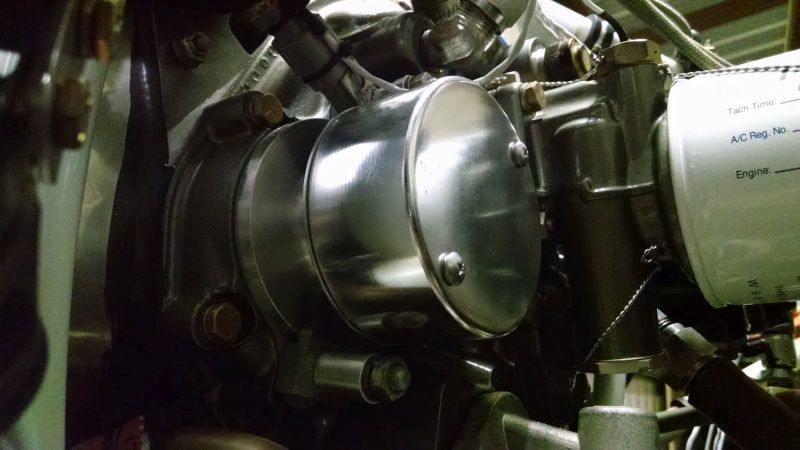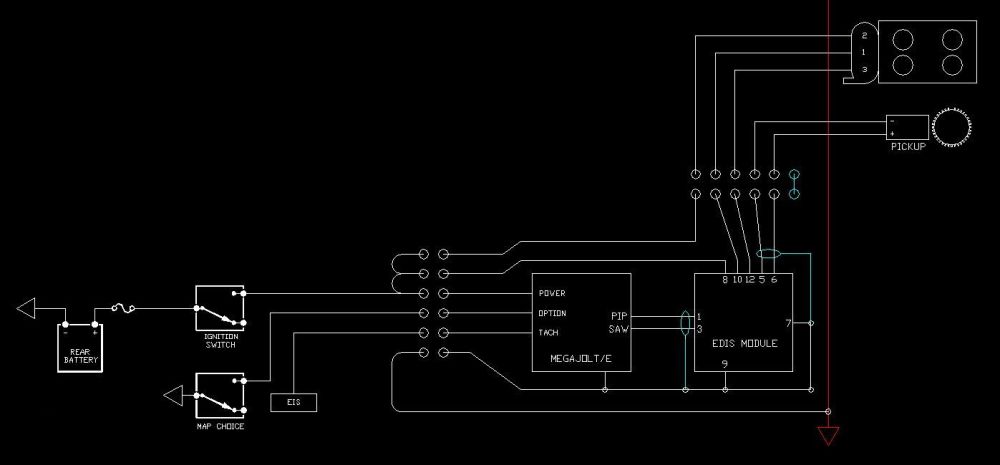Page 2 of 2
Posted: Sat Nov 23, 2013 1:15 pm
by DanH
Steve, that is a GRT Sport, 8.4 screen, early 2010 vintage. At the time an upgraded processor was an option. Now it's standard, along with internal autopilot functions and a WAAS GPS. I did not get synthetic vision, new at the time, but GRT is really good about upgrades.
GRT refers to the Sport as their VFR EFIS, and I am a VFR guy. That said, I spend time under the hood to stay current. The mental transfer from steam to screen was really easy.
Favorite feature is the highway in the sky boxes, because I base at a black hole airport... a 3000 ft runway with no VASI in a large dark patch of trees. On a moonless night I call the approach from the database, fly the upper half of the boxes to the threshold, and the invisible trees are no worry.
Posted: Tue Jan 10, 2017 3:07 pm
by DanH
Follow up to previous posts. I've flown an EDIS/Megajolt system about 100 hours, in combination with one Slick mag. I'm installing the second system now, which will eliminate the Slick.
Slick or Bendix (now Continental) mags work pretty well given best power conditions. With a single EI on an IO-390 Lycoming, I did not note any significant change to best power cruise performance or max power, nor any significant improvement during lean-of-peak cruise. Here the single EI resulted in greatly improved hot start and hot idle, both valuable with constant flowl injection. It also eliminates the impulse coupling, a source of worry given enough age. Hopefully the second EI will improve LOP operation.
I elected to build trigger units for the accessory case mag drives. The shafts are re-machined Bendix mag shafts taken from junk. The bodies are billet, the 36 tooth gear is a catalog item, the pickups are ND, and (my facorite part) the spun aluminum covers are cut from drink holders intended for a DIY poker table.



I elected to go with KIS wiring; battery direct power via a fusible link and a single switch. The MJ is set up with two ignition maps, one for max power and another for LOP at altitude, cockpit switchable. The second system will be an independent twin with its own small battery, sharing only the map switch ground. BTW, I did not find it necessary to shield the PIP and SAW leads as in this drawing, but in the actual installation, they're only about 3 inches long, and the components are inside the metal fuselage.

Posted: Wed May 31, 2017 11:06 pm
by cdrmuetzel@juno.com
Mr Horton, those pickup units you built are beautiful. CAD/CAM machining? Wondering if you would share the files and parts lists etc for making them up? Thanks.
Posted: Tue Aug 01, 2017 10:56 pm
by DanH
Sorry, missed your post, don't check in here much. Sure, you're welcome to .dwg drawings: danhorton(at)elmore.rr.com
Posted: Tue Jun 12, 2018 3:12 pm
by DanH
Quick note for future readers..
The aircraft app takes advantage of the Megajolt's ability to store two complete ignition configurations, as the optimum ignition timing for best power mixture (150~100 rich of peak EGT) and best economy mixture (lean side of peak EGT) is quite different. For best performance in either regime, a pilot may select configuration 1 for climb or speed, and configuration 2 for maximum cruise range.
To enable switching between ignition configurations, the Megajolt's "option" pin is wired to ground through a switch. When the option switch is closed (option pin grounded), the Megajolt operates on configuration 2.
Here's the detail. A aircraft application will commonly have two complete ignition systems. To control two Megajolt boxes, it is possible to wire both option pins to the same SPST grounding switch. It will work fine when both ignitions are powered. However, if one ignition is off (not powered), the other ignition will see it as a path to ground for the option pin. The second ignition will switch into configuration 2 regardless of switch position.
So, install a dual system with either (1) two separate configuration switches, or (2) using a DPST switch to keep the option grounds separated.



